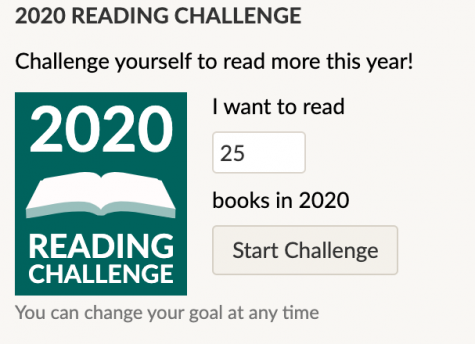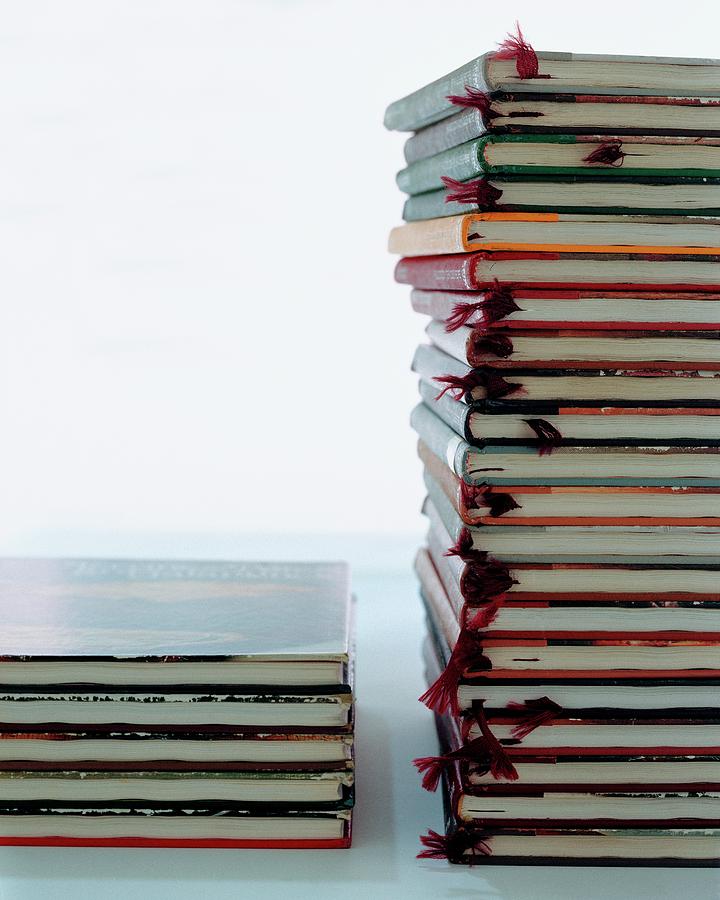Is Slow Reading Okay?
With this question, I began to dissect what it means to be a “good reader” – and I decided to take a stance against the idea that reading is about quantity.
December 8, 2020
Is Slow Reading Okay? I mean slow reading- working at the same book for several months; stopping every other paragraph to take notes in the margins; going back and rereading passages when you finally understand what the author meant those fifty pages ago. Is this okay, or might I kind-of be a bad reader?
Slow Reading can be understood in two ways: one type of slow reader may take time to work through any reading material, needing to spend time absorbing the contents as they read or rereading passages to understand the meaning. For this person, standardized testing is a nightmare.
The second person chooses difficult material- an ambiguous novel, an essay on philosophy, poetry that employs allusions only someone from the twelfth century would respond to. To work though these works, the reader ends up spending half a year on a single text, overshadowed by their peers who have finished stacks of literature. This is the type of reader I am referencing in my question.
So, where did the idea that reading a lot is better come from? To this poorly-phrased question Google responds with a handful of articles that endorse quantity-focused reading: “The More One Reads, the Better,” “Why You Should Read (At Least) 12 books this year,” “8 Ways to Read (a Lot) More Books This Year.” (What’s with the weird interjections in these titles?)

All of these articles mention the importance of reading a variety of books as a way to broaden oneself; naturally, the more ideas one reads, the more open-minded they become. Nobody disagrees with this! The people in these articles who read so many books feel “more interesting” “like a better father” – but what intrigued me the most – “It took me some time to identify the specific changes that skyrocketed my reading rate. None of them had to do with how fast I read. I’m actually a pretty slow reader.”
In fact, most of the other articles were not endorsing speed reading, skimming, or anything of the sort. They were largely focused on displaying the benefits of reading on one’s creativity, attitude, and perspective. My original question thus stood- why do we associate good qualities of reading with more books in a short period of time?
Was I self conscious that it took me seven months to read Virginia Woolf’s Orlando? Was I embarrassed that I am still working on The Count of Monte Cristo a year after I bought it? I admit to these, but why should I feel self conscious? I am an AP student, top of the class, and published poet- but is slow reading okay?
(I had to branch out my research from a simple google search.)
Understanding the history of reading is not entirely crucial, and although interesting it merits its own feature separate from this article- namely because it did not answer my question. While reading aloud was popular in Western culture, especially in Middle Class English homes as a means of passing time, so too was silent reading. The theory that speed reading developed alongside silent reading falls short, as many readers of the Romantic and Victorian eras (when the novel became popularized) did so at their leisure.
It was a thirst for knowledge and efficiency that prompted Evelyn Wood to coin the term “Speed Reading” in 1957. After studying naturally fast readers, she succeeded in a business of teaching people to read quickly- 6,000-words-per-minute quickly. (For comparison, that is the equivalent of reading Gone With The Wind‘s 690 pages in less than an hour.)
If one’s reading is entirely measured upon efficiency then speed reading seems like the perfect route, but as I researched this I found a video by R.C. Waldun that answered exactly the question I was asking:

“Read Slowly And Finish More Books- How to Appreciate Difficult Books”
So as not to summarize this video entirely, the main point I connected with was Waldun’s philosophy on why we pick up books in the first place. If reading was entirely about how quickly one can skim an idea and memorize it, English classes would be teaching Sparknotes. Anybody can read and repeat analysis, and the act of engaging with a text and working through the story presented is something that cannot be cut out of the process. For especially difficult books (Waldun mentions Dickens, who I agree can be very wordy) reading slowly makes it possible to digest complex material and form one’s own impression of the message being discussed.
So, is slow reading okay? Yes, slow reading is okay and can be preferable if the text you’re faced with is especially difficult. Taking your time to work through a book makes it possible for you to enjoy every detail and form a deeper understanding of the work as a whole.
If your slow reading is causing you trouble on the SAT or AP exams, that is not a reflection on your reading ability; I feel timed reading and on-the-spot writing is a different skill entirely, which means all you must do is practice!!
So keep reading slowly, unless you have a due date!
